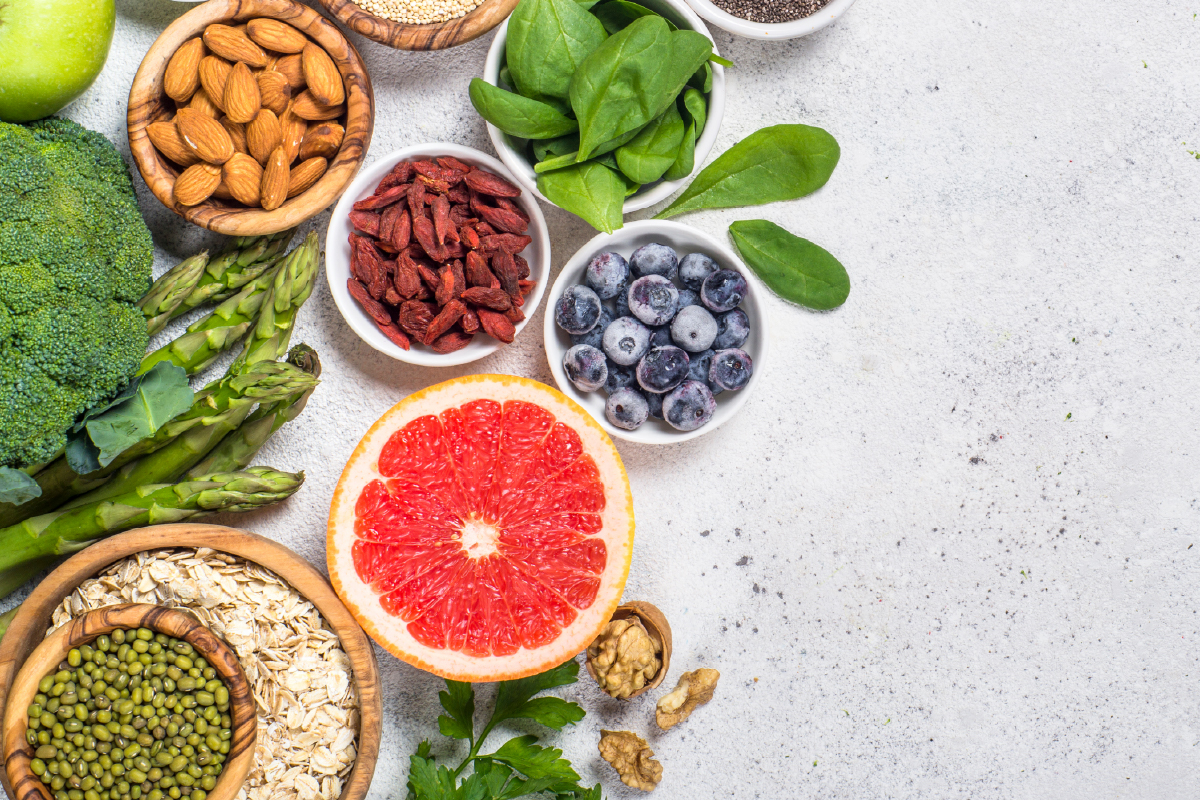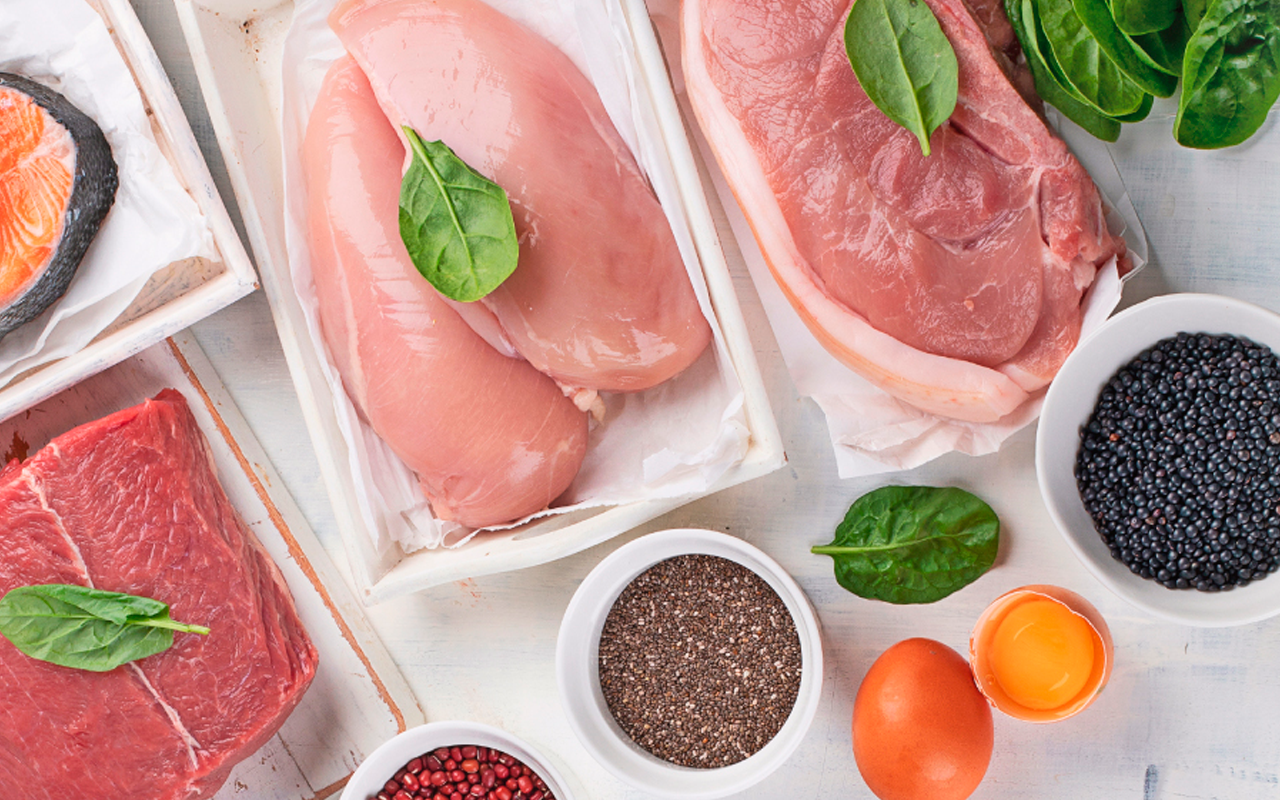Functional foods and immunity


Have you ever heard of functional foods? A functional food is considered one that produces a beneficial effect on functions of the body, improves health status and/or reduces disease risk.
Although the list is relatively long, the truth is that in some way all functional foods contribute to your immunity and a better state of health. A healthier body is a body with more defense mechanisms against aggression.
The 3-Step Diet leaves you with a list of compounds and foods to keep in mind:
Omega 3
These are essential fatty acids, meaning that our body is unable to produce them. Among other health benefits, they have anti-inflammatory action and act on the immune function.
Sources: sardines, salmon, tuna, sole, flaxseed, chia seeds, almonds, walnuts, and flaxseed.
Alpha-linolenic acid
Stimulates the immune system and also has anti-inflammatory action.
Sources: flaxseed, walnuts, and almonds.
Catechins
Due to their antioxidant action, they strengthen the immune system.
Sources: green tea, cherries, blackberries, raspberries, blueberries, purple grapes, and red wine.
Flavonoids
With antioxidant and anti-inflammatory action, they strengthen the immune system.
Sources: soy, citrus fruits, tomatoes, peppers, artichokes, cherries.
Pre- and probiotics
Due to their beneficial action on intestinal health, they contribute to one of our body’s first lines of defense.
Sources: yogurt, kefir, sauerkraut, kombucha, kimchi, and fiber-rich foods such as fruits and vegetables.
Allyl sulfides
In addition to other health benefits, especially cardiovascular, they have antibacterial action and help the immune system.
Sources: garlic and onions.
Besides these compounds, you should also pay attention to the consumption of vitamin A and beta-carotene, B complex, C and E, as well as zinc, iron, and selenium.
Proper hydration is also indispensable, since defense cells (IgA) are found in saliva and a poorly hydrated individual can produce less saliva, reducing the amount of IgA and the ability to protect.
However, please keep in mind that no single nutrient has the power to improve the immune system on its own. The benefits of a dietary pattern are derived from the mix of foods eaten throughout the day and how they are prepared. In addition, you should always take into account a healthy lifestyle, quality of sleep and plenty of physical exercise.









